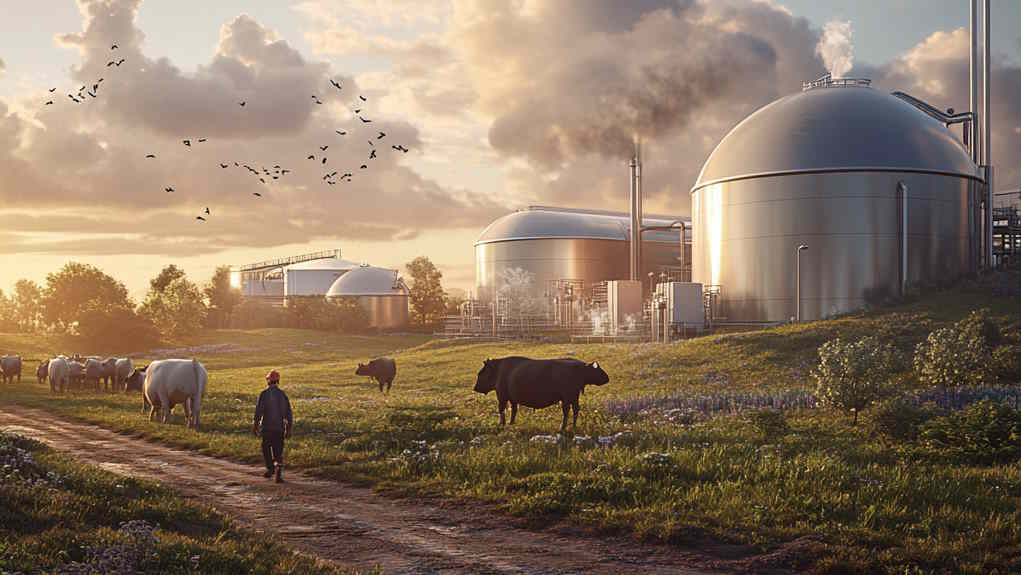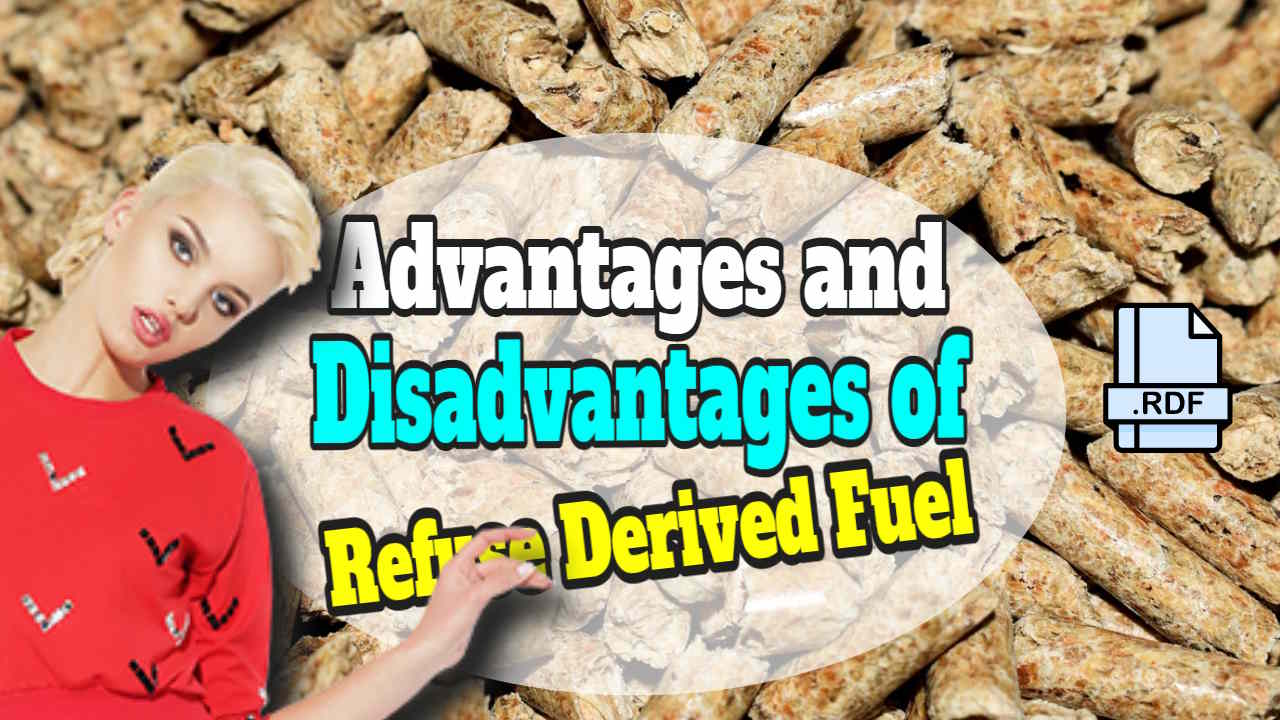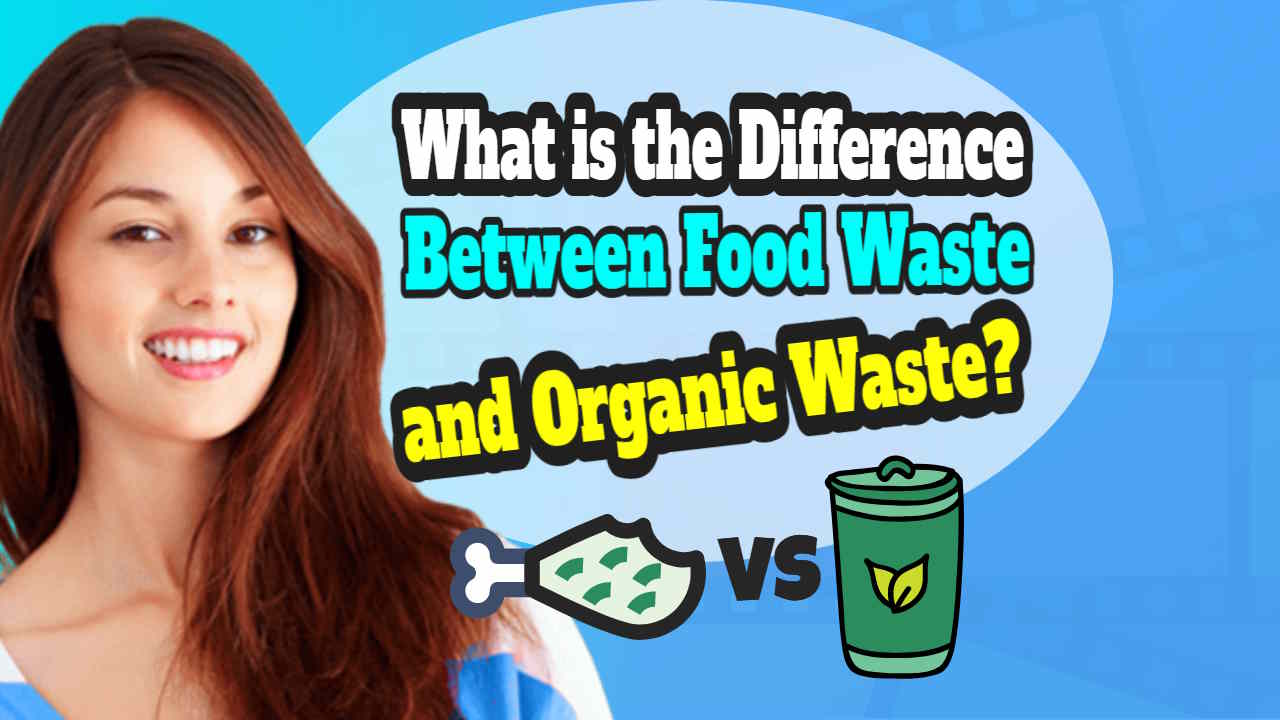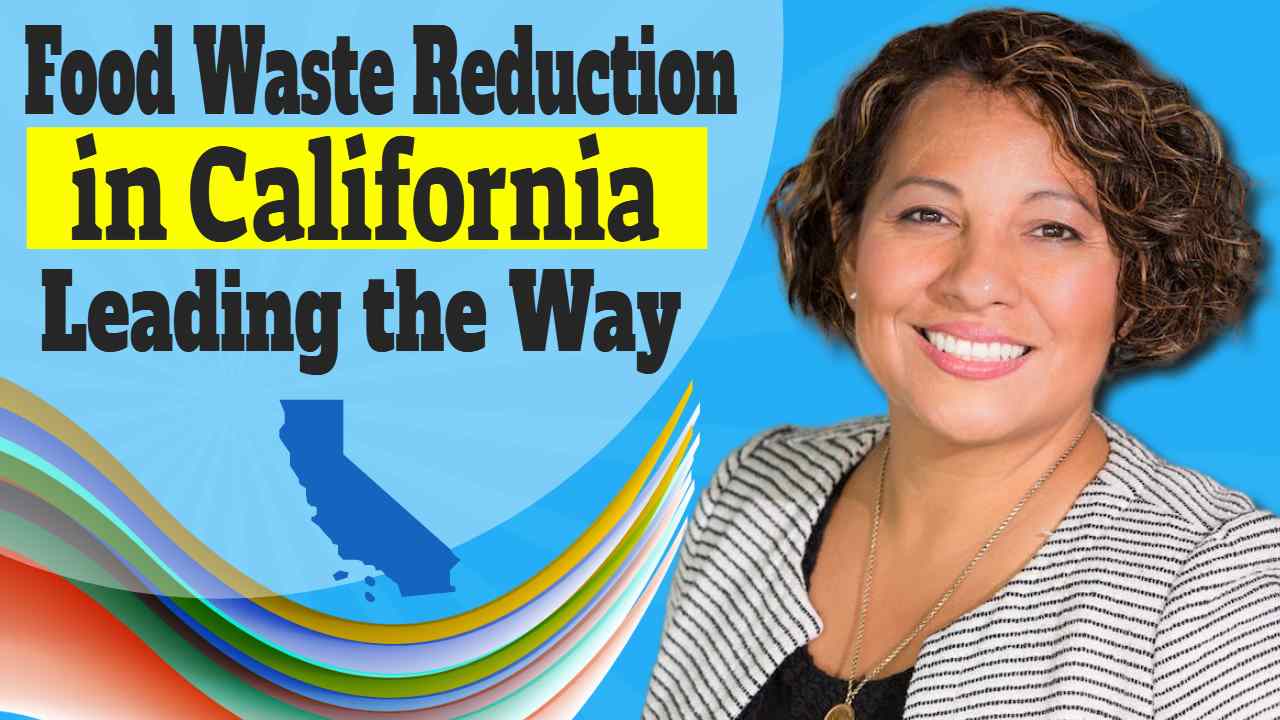Discover How Food Waste Energy is Transforming Sustainability Many people are looking for ways to handle food waste better. Did you know 1.03 billion tons of food go to waste each year? This blog will show how turning food waste energy can tackle this problem. Keep reading, and let's learn together. Key Takeaways: - Every year, 1.03 billion tons of food gets wasted. Turning this waste into energy can reduce methane emissions from dumps and help fight climate change. - Two main methods to convert food waste into energy are anaerobic digestion and biomass gasification . These processes create renewable energy like electricity and fuel . - Using all U.S. food waste for renewable diesel could lower greenhouse gases by up to 2.6%. This shows using biowaste wisely helps our environment. - Preparing food waste properly before turning it into energy is key to making the process efficient. It involves sorting, chopping, and sometimes adding bacteria. - Converting food waste into energy improves how we manage waste , reduces harmful gases in our air, and lessens reliance on foreign oil sources . The Potential of Food Waste for Energy Production Moving from
Everyone, from the farmers who grow our food to the people who eat it, is affected by the worldwide epidemic of food waste. - One-third of the world's food supply is lost or squandered each year, while millions of people go hungry. Food waste has enormous financial, social, and ecological consequences for our globe. Notwithstanding the discouraging data, though, there is reason to be optimistic. - People, organisations, and governments in every region of the world are working together to end food waste and create a greener tomorrow. - The potential is enormous, from novel food recovery initiatives to cutting-edge technology that recycle otherwise-useless food scraps into money and other useful materials. This is a rallying cry to reduce waste, increase generosity, and create a better future for everyone. Come with us on this adventure, and let's make it our mission to end food waste and ensure that everyone has enough to eat. The Shocking Truth About Food Waste and its Impact on the Environment. Approximately one-third of all food produced in the world is wasted, which amounts to 1.3 billion tons of food every year. (Source: Food and Agriculture Organization of the United Nations)
So you want to reduce your food waste? Here are our responses to common Food Waste Questions and Answers Food waste is a huge issue globally and at every stage of the supply chain. The EPA defines food waste as "food that is no longer useful for human consumption or is not suitable for composting, anaerobic digestion, or disposal in landfills or combustion facilities." 1. Why do we waste so much food? Food waste is an enormous problem, affecting everyone from farmers to restaurants and grocery stores to households. It’s estimated that about one-third of the world’s food is lost or discarded. This includes unharvested produce, food that’s not good enough for human consumption or that has been spoiled in transport. The entire supply chain — from farm to fork — is awash in losses and waste, with 1.3 billion tons of food going uneaten worldwide every year. The environmental, economic and social costs of food waste are significant. Not only is the food wasted, but also all of the energy, fertilizer, and water that went into producing it. In addition, a huge amount of methane – a greenhouse gas – is released
Using Refuse Derived Fuel in Waste-to-energy (WtE) processes at specialist incineration plants can greatly reduce the volume of waste that is landfilled. They also provide an effective alternative to coal and oil, whose negative environmental impact is well known. Refuse derived fuel ( RDF ) is one of the primary resources recovered from municipal solid waste. It can be used as a substitute to fossil fuels in cement kilns and power stations. Shredded and dried garbage is what's called "refuse-derived fuel" (RDF) (MSW). Cement kilns, power plants, and other industrial operations can employ RDF as an alternative to fossil fuels. This article will discuss the pros and cons of using garbage as fuel. Benefits of Gasoline Made From Garbage Less waste is delivered to landfills because of RDF manufacturing, which means less space is needed for landfill disposal of municipal solid waste. Decreased Emissions of Greenhouse Gases: Methane, a particularly potent greenhouse gas, is released into the atmosphere in large quantities from landfills. By diverting organic waste from landfills, RDF production helps cut down on methane emissions and other climate gases. As a renewable energy source, RDF can be used in place of
The Difference Between Food Waste and Organic Waste is hugely important to know because food waste if it were a nation's climnate change impact, would be the same as the 4rd largest nation. This is all part of the understanding waste management. While waste management is critical for maintaining a healthy and sustainable environment, it is also critical to understand the various types of waste that we produce. Food waste and organic waste are two types of waste that are frequently confused. In this article, we will look at the differences between the two in a fun way. A Definition of Food Waste To begin, let us define food waste. Food waste is defined as edible portions of food that are discarded before or after consumption. This includes any food left on your plate, expired food, or food left to spoil due to improper storage. Simply put, food waste is anything that can be eaten. A Definition of Organic Waste Organic waste, on the other hand, refers to any natural material that can decompose. Garden waste, wood chips, grass clippings, and animal waste are all examples of this. Food waste that is unfit for human
Food waste is acknowledged by the scietific community to be one of the major problems contributing to the degradation of environment, and it requires serious attention. Among the different options, anaerobic digestion is probably the most effective method for managing degradable waste and producing renewable energy and fertilizer. Anaerobic digestion processes organic materials into biogas and a nutrient-rich effluent. This biogas can be burned to generate energy or land-applied as a valuable biofertiliser. This helps to reduce the UK's dependence on fossil fuels and carbon emissions. Anaerobic digestion of food waste is a climate-friendly option for diverting decaying organic material from landfills. This reduces greenhouse gas emissions, which are a major contributor to climate change. 1. Biodegradation rate Food waste utilisation is a challenge. If allowed to rot in landfills food waste is a major source of environmental pollution. It is generated in large amounts by households, businesses, and institutions. It took a lot of skill and energy to make it, and to simply trash it is an enormous waste of resources. The disposal of this waste either through burning or land filling has negative impacts on the environment. Anaerobic digestion of food waste
Read our 5 tips on composting food scraps. To lessen the quantity of garbage that must be disposed of in landfills, composting leftover food is a crucial step that must be taken. Composting food scraps not only lessens the amount of garbage that is sent to landfills, but it also contributes to the formation of nutrient-dense soil, which may be utilised for the purpose of cultivating fresh produce that is both nutritious and appetising. The following are a few pointers that can assist you in getting started with the process of composting food scraps. 1. Invest in a high-quality composting bin. There is a wide selection of compost bins available for purchase nowadays; thus, it is imperative that you select one that has a capacity that is adequate to hold all of your discarded food items. Additionally, ensure that the bin you select has adequate ventilation and a tight-fitting cover to prevent vermin from entering. 2. Make sure you use the appropriate components. To ensure that you have a successful composting experience, it is vital to fill your compost bin with the appropriate elements. To begin, lay down a layer of brown materials such as dried leaves,
If you're interested in reducing your food waste , there are a number of ways you can accomplish that goal. Some of the ways include reducing the amount of food you buy, getting rid of leftovers, and composting your food. Food waste has become a significant issue in today's society. In point of fact, it is believed that as much as forty percent of all food that is produced in the United States is wasted. Not only does this result in the loss of edible food that could have been distributed to those in need, but it also has a significant negative influence on the ecosystem. You are in luck because there are a few easy actions you can take to cut down on the amount of food waste you produce and help the environment. 1 - Plan your meals The first thing you should do to reduce the amount of food you throw away is to plan your meals. This will ensure that you only purchase the necessary ingredients and prevent you from purchasing an excessive amount. Before you head out to the store for groceries, it is essential that you double check
One of the most populous states, California is also well-known for its forward-thinking approach to environmental protection. The state has taken many steps in recent years to prevent food waste as officials have realised the environmental and financial consequences connected with it. Assembly Bill 1826, passed in 2013 by the California State Legislature, mandated that major enterprises in the state dispose of their organic waste at a local recycling or composting facility. Over 4.5 million tonnes of organic garbage have been saved from California landfills thanks to this law. Comprehensive state-wide initiatives to reduce food waste There is a comprehensive state-wide initiative to reduce food waste. The goal of this initiative is to raise awareness about the problem of food waste and motivate businesses and individuals to take action to eliminate it. To aid businesses in their efforts to decrease food waste, it offers resources such food waste tracking software, employee training, and technical assistance. There are also a variety of state-run initiatives designed to increase food donations. By linking food donors with pantries, soup kitchens, and other charities, these programmes help redirect edible food from landfills to those in need. California Grown Food
Food waste is one of the greatest challenges in the world today and never more so than in America. Whether it be from restaurants, grocery stores, or other places of business, the problem of food waste has continued to grow. However, there are steps we can take to reduce food waste, and to keep it from happening in the future. Inefficient inventory management Inefficient inventory management is a major contributor to the global food crisis. Food waste is a problem spanning across all industries, but the food manufacturing industry is no exception. One study estimated that one in eight Americans does not have access to adequate food, and nearly 70 million people in the United States suffer from hunger. However, businesses can help to reduce their impact on the environment. Using RFID technology, for example, can help retailers store and communicate product information more effectively, as well as enable a unified product traceability system. Inventory management is a key component to maintaining your company's profitability, and implementing a system that meets the demands of your consumers is no exception. The most common form of excess inventory is in perishables such as meat, fish, and produce. These












